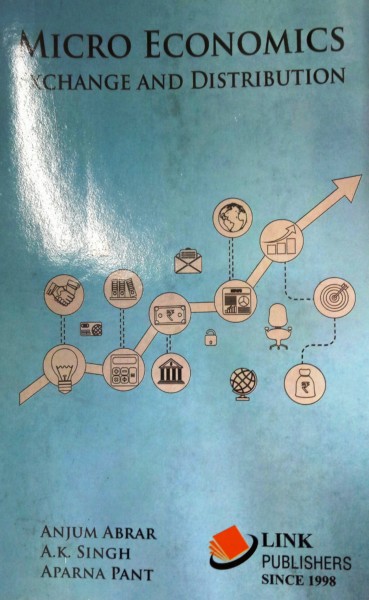Description
Comparative Human Rights Law By Sandra Fredman (9780199689415)
- Sets out cross-cutting themes which shape the ways judges respond to challenging human rights issues
- Applies these cross-cutting themes to comparing human rights law in five key jurisdictions
- Explores particularly challenging issues such as the death penalty, abortion, housing, health, speech, education, and religion
- Transcends the distinction between socio-economic rights and civil and political rights
Courts in different jurisdictions face similar human rights questions. Does the death penalty breach human rights? Does freedom of speech include racist speech? Is there a right to health? This book uses the prism of comparative law to examine the fascinating ways in which these difficult questions are decided. On the one hand, the shared language of human rights suggests that there should be similar solutions to comparable problems. On the other hand, there are important differences. Constitutional texts are worded differently; courts have differing relationships with the legislature; and there are divergences in socio-economic development, politics, and history. Nevertheless, there is a growing transnational conversation between courts, with cases in one jurisdiction being cited in others.
Part I sets out the cross-cutting themes which shape the ways judges respond to challenging human rights issues. It examines when it is legitimate to refer to foreign materials; how universality and cultural relativity are balanced in human rights law; the appropriate role of courts in adjudicating human rights in a democracy; and the principles judges use to interpret human rights texts. The book is unusual in transcending the distinction between socio-economic rights and civil and political rights. Part II applies these cross-cutting themes to comparing human rights law in the US, UK, South Africa, Canada, and India. Its focus is on seven particularly challenging issues: the death penalty, abortion, housing, health, speech, education and religion, with the aim of inspiring further comparative examination of other pressing human rights issues.
Table of Content –
Part I
1: Foreign Fads or Fashions: The Role of Comparativism in Human Rights Law
2: What is a Human Right? Dealing with Disagreement
3: Challenging the Divide: Socio-economic Rights as Human Rights
4: Allies or Subversives: Adjudication and Democracy
5: Interpreting Human Rights Law
Part II
6: Capital Punishment
7: Abortion
8: The Right to Health
9: The Right to Housing
10: Freedom of Speech
11: The Right to Education
12: Freedom of Religion
13: Conclusion
Author: Sandra Fredman
Publisher: Sandra Fredman
ISBN-13: 9.7802E+12
Language: English
Binding: Paperback
No. Of Pages: 512
Country of Origin: India










Reviews
There are no reviews yet.